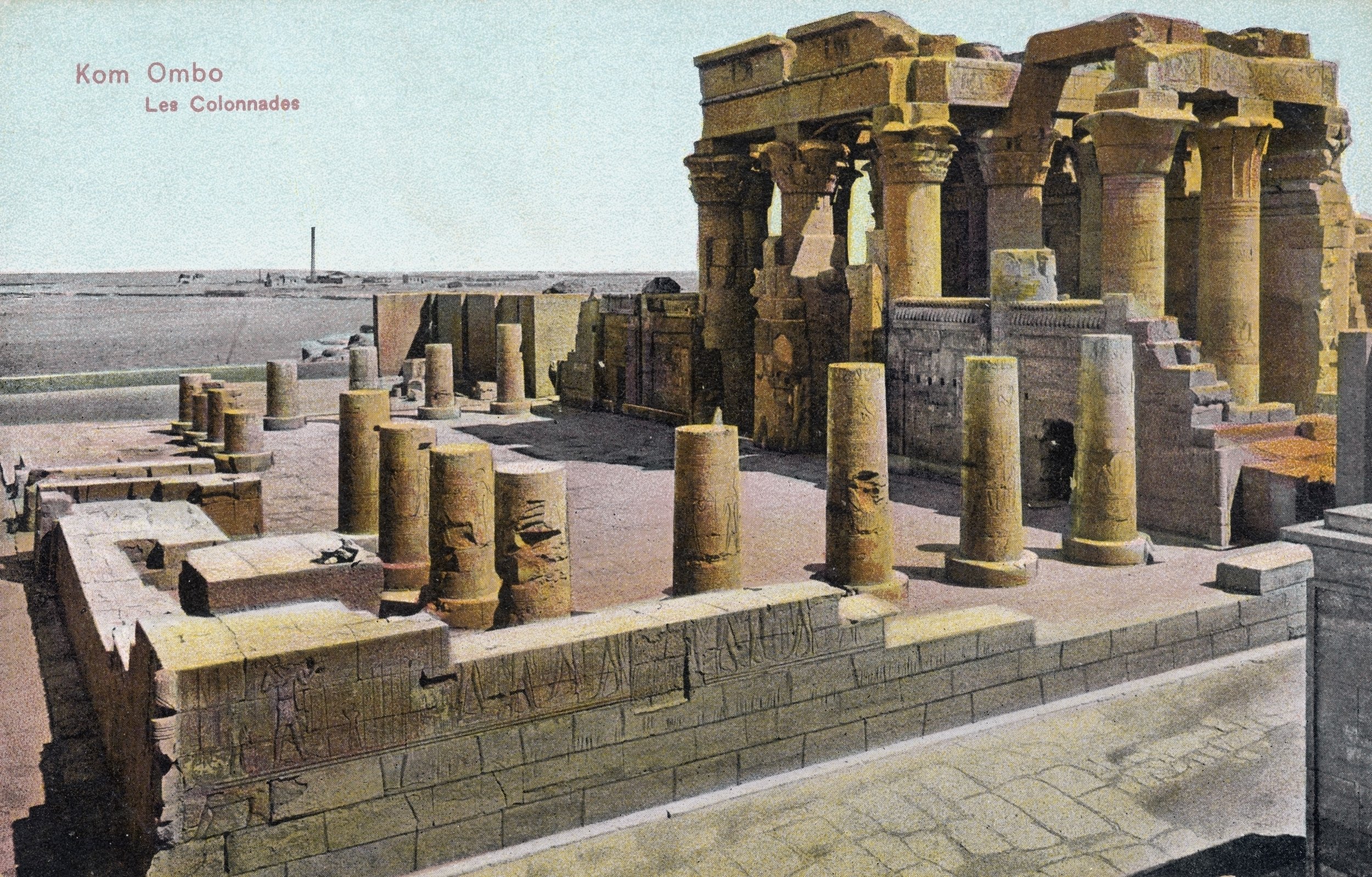
Archaeologists in southern Egypt have uncovered pieces of a statue of King Ramses II, one of the country's most powerful pharaohs.
The parts were discovered in the Temple of Kom Ombo while a team was working to preserve the site and protect it from groundwater, the Associated Press reports. They found his chest and head, which featured a white crown of pharaonic Upper Egypt, according to Egypt Independent. He was also holding an Ankh symbol, which is the symbol of life and often seen in the hands of Egyptian gods.
Related: Ancient Egypt: Mysterious 4,400-Year-Old Tomb Reveals Rare Paintings in New Excavation
Prior to the discovery, there was limited evidence that the temple was used or even existed during the ancient Egyptian modern state-era. However, pieces of the statue that have been unearthed, shed light on the temple's long history.
#AMAY | Parts of huge King Ramses II statue discovered in #Aswanhttps://t.co/6toKnWOC5E
— Egypt Independent (@EgyIndependent) February 28, 2018
Archaeologists plan to continue digging up the site, in hopes of coming across the rest of the massive statue. Before it was destroyed, the statue likely stood nearly 23 feet tall, Mohamed Abdel Badei, head of the Central Administration of Upper Egypt, told Egypt Independent.
Related: Thousands of Artifacts From Ancient Egyptian and Greek Civilizations Seized During Smuggling Operation
King Ramses II, also known as Ramses the Great, reigned from 1279 B.C. to 1213 B.C. He's best-known for his powerful military who fought in the Battle of Kadesh.
"In 1275, only three years or so after taking the throne, he began to plan a campaign to get Kadesh back. The city had become more than a battlefront; it was a symbolic football kicked back and forth between empires," historian Susan Wise Bauer explained, according to the Ancient History Encyclopedia.
He's believed to have died in his early 90s, which is a long life for someone today, but was even more exceptional for a person back then.
Uncommon Knowledge
Newsweek is committed to challenging conventional wisdom and finding connections in the search for common ground.
Newsweek is committed to challenging conventional wisdom and finding connections in the search for common ground.
About the writer
To read how Newsweek uses AI as a newsroom tool, Click here.








